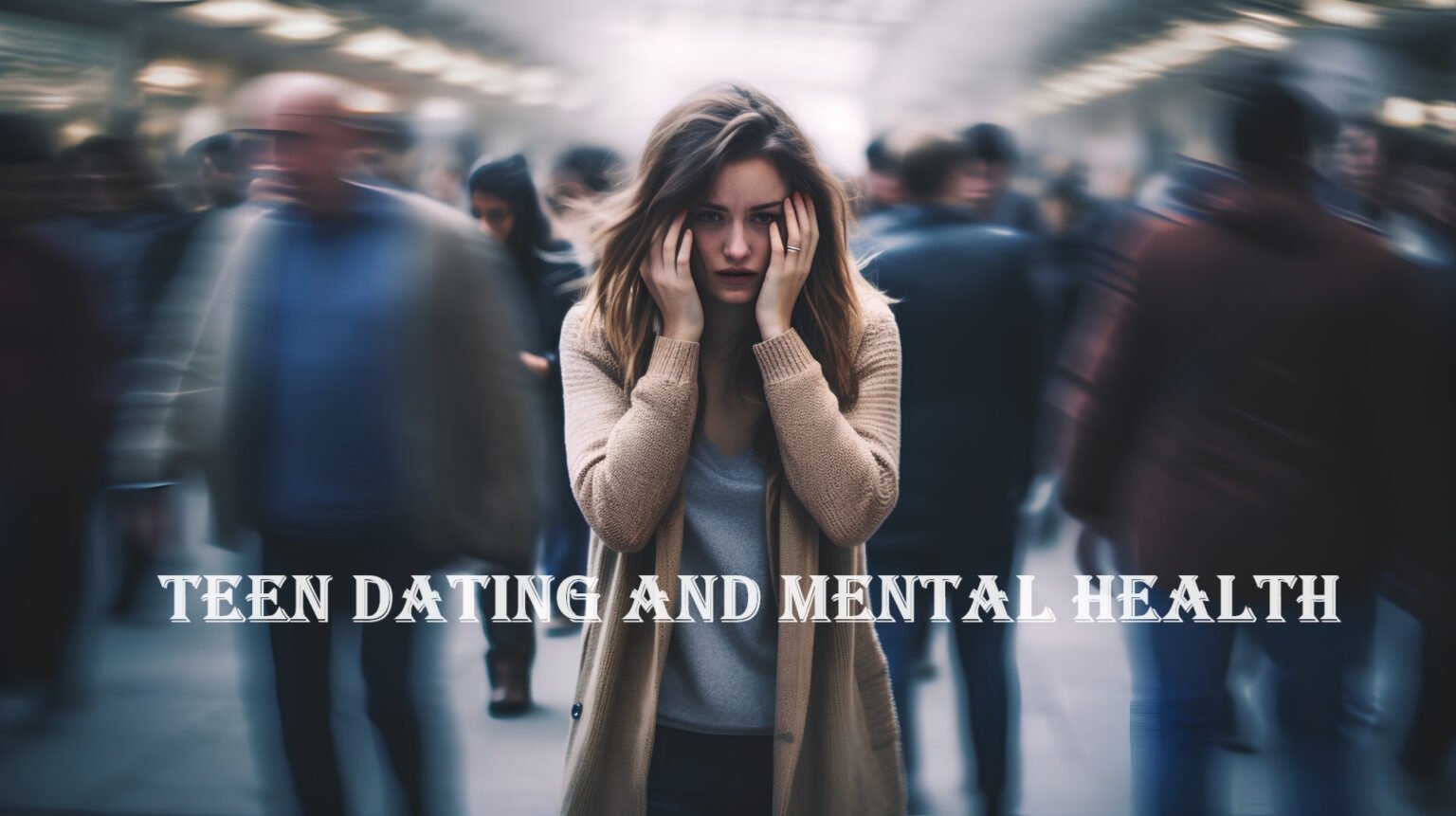Teen dating and mental health: Navigating a complex intersection
Teen dating and mental health In today’s digital age, teen dating has evolved significantly, with social media and dating apps playing an important role in connecting young people. As teens embark on the dating journey, it’s important to address how these experiences intersect with mental health. Understanding this relationship can help parents, educators, and adolescents promote healthy relationships and emotional well-being.
The teen dating scene

Teen dating often begins as a formative experience, shaping future relationship patterns and personal development. According to a 2023 study by the American Psychological Association, nearly 60% of high school students are involved in a romantic relationship at some point during their high school years. These early relationships can be a source of joy and learning, but they also come with challenges that can affect mental health.
Emotional Effects of Adolescent Relationships
-
Self-esteem and body image
Teen dating can significantly affect self-esteem and body image. Positive experiences can boost confidence, while negative experiences can lead to self-doubt and insecurity. A survey conducted by the National Institute of Mental Health found that teens who experienced relationship rejection reported feelings of low self-esteem and dissatisfaction with their appearance.
-
Stress and anxiety
The pressure of maintaining a relationship with academic and social demands can increase stress and anxiety. According to the Anxiety and Depression Association of America, 31 percent of teens report being overwhelmed by the demands of their relationships, which can increase anxiety and contribute to mental health struggles.
-
Emotional dependence
Adolescents are particularly prone to emotional dependence, where their sense of self-worth becomes tied to their partner’s approval. This dependency can lead to an unhealthy dynamic, where the end of the relationship can result in significant emotional distress. The Journal of Adolescent Health highlights that emotional dependence in adolescent relationships is associated with increased risks of depression and anxiety.
Navigating healthy relationships
-
Communication and boundaries
Effective communication is fundamental to healthy relationships. Teens should be encouraged to express their feelings openly and set clear boundaries. According to the Center for Healthy Relationships, open communication fosters mutual respect and understanding, which are vital to maintaining mental health.
-
Self-realization and independence
Maintaining a strong sense of self and independence is important. Young people should be reminded of their individual worth and the importance of personal interests outside of relationships. The American Academy of Pediatrics emphasizes that a balanced sense of self is vital to mental health and helps prevent emotional dependency.
-
Support systems
Encouraging youth to build and maintain support systems outside of their relationships can reduce emotional stress. Friends, family, and mentors play an important role in providing perspective and support. Research from the University of California emphasizes that strong social support networks are associated with lower levels of anxiety and depression in young people.
Digital influences and mental health
-
Social Media and Relationship Dynamics
Social media platforms significantly affect youth relationships. Constant comparisons with ideal images and posts can create unrealistic expectations and pressure. A 2024 study by the Pew Research Center found that 40 percent of teens reported feeling inadequate after viewing relationship-related content on social media, which could affect their mental health.
-
Cyberbullying and online harassment
Cyberbullying is a growing concern, with many teenagers experiencing harassment online. The impact of cyberbullying can be severe, leading to feelings of isolation, depression and anxiety. The Cyberbullying Research Center reports that teens who are bulli online are more likely to show symptoms of mental distress.
-
Managing an Online Presence
Teens should guid on how to manage their online presence and recognize the impact of their digital interactions on mental health. Adjusting privacy settings, engaging in positive ways, and avoiding negative content can help reduce the negative effects of social media.
Warning signs and interventions.
-
Recognize the red flags
Parents and guardians should aware of the warning signs that indicate that a young person’s mental health may affect by their relationship. These include mood changes, withdrawal from activities, changes in sleep patterns, and academic deficits. The National Alliance on Mental Illness highlights that early intervention is critical to addressing mental health concerns.
-
Open the dialog.
It is important to maintain an open dialogue with adolescents about their relationship and mental health. Creating a safe place to talk can help young people feel more comfortable sharing their concerns. The American Academy of Child and Adolescent Psychiatry advises that regular, honest conversations can prevent misunderstandings and resolve potential problems early.
-
Professional help
In cases where a young person’s mental health is significantly affect, it may necessary to seek professional help. Therapists and counselors who specialize in adolescent mental health can provide valuable support and coping strategies. The Child Mind Institute recommends professional guidance for youth who experience persistent emotional or psychological challenges.
Read More: Unveiling the Authenticity: Is AmoLatina a Real Dating Site?



